From July 12th to 13th, the 11th “Rule of Law Society·Yangtze River Forum” was held in Yangzhou. Co-hosted by Zhongnan University of Economics and Law(ZUEL), Yangzhou University, and the China Behavior-Law Association, this forum focused on the theme of “Promoting the Modernization of the Social Governance System on the Track of the Rule of Law”. More than 260 experts and scholars from the theoretical and practical circles across the country gathered to offer suggestions for improving the social governance system and building a higher-level peaceful China.
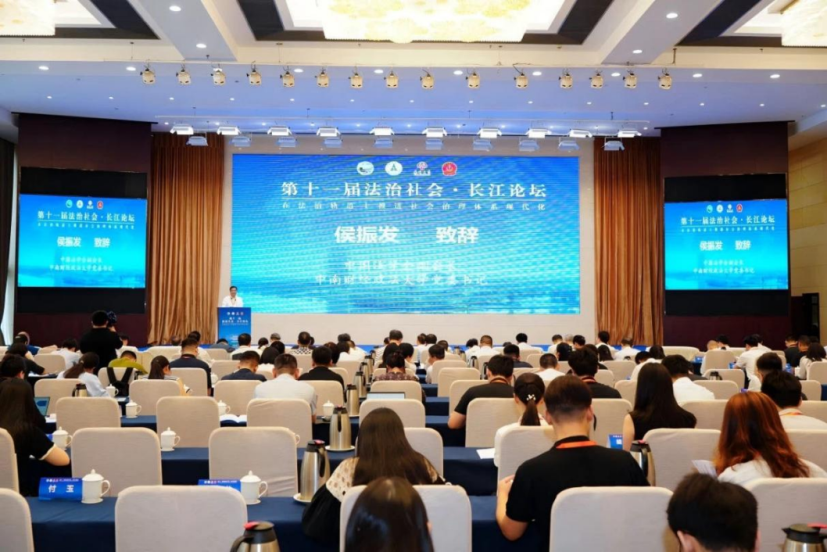
Liu Qiaoquan, President of Yangzhou University; Hou Zhenfa, Vice President of the China Law Society and Secretary of the Party Committee of ZUEL; Li Wenyan, Chief Supervisor of the China Behavior-Law Association and former Vice President of the People’s Public Security University of China; Zhou Jiye, President of the Jiangsu Law Society; Xia Daohu, Secretary of the Party Leadership Group and President of the Jiangsu Higher People’s Court; and Jiang Wei, Deputy Director of the Advisory Committee of the Supreme People’s Court and President of the China Law Society’s Research Association on Network and Information Law, delivered speeches at the opening ceremony in sequence. Wang Chengtang, Member of the Standing Committee of the Party Committee and Vice President of Yangzhou University presided over the opening ceremony of the forum.
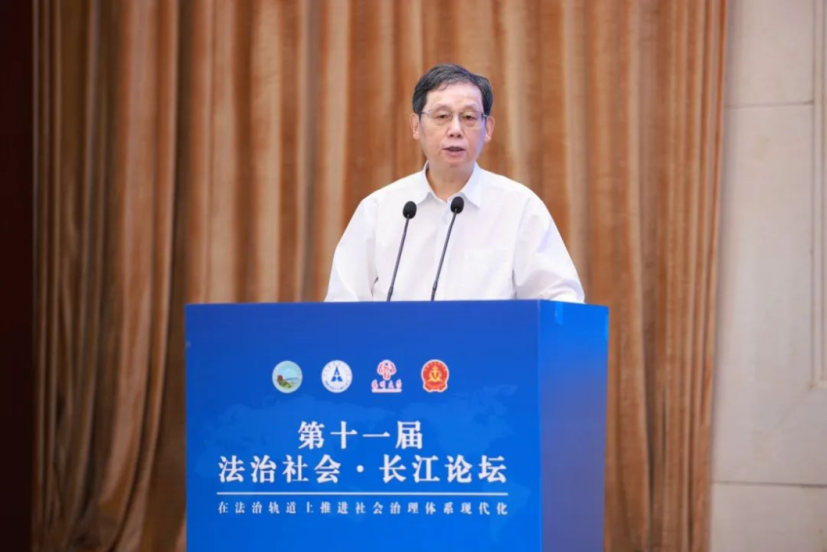
Jiang Wei emphasized that it is essential to deeply comprehend the foundational role of the rule of law in the modernization of social governance and solidify the ideological foundation; firmly grasp the opportunities and challenges faced by the legal construction of social governance; and focus on key aspects to fully advance the modernization of the social governance system within the framework of the rule of law.
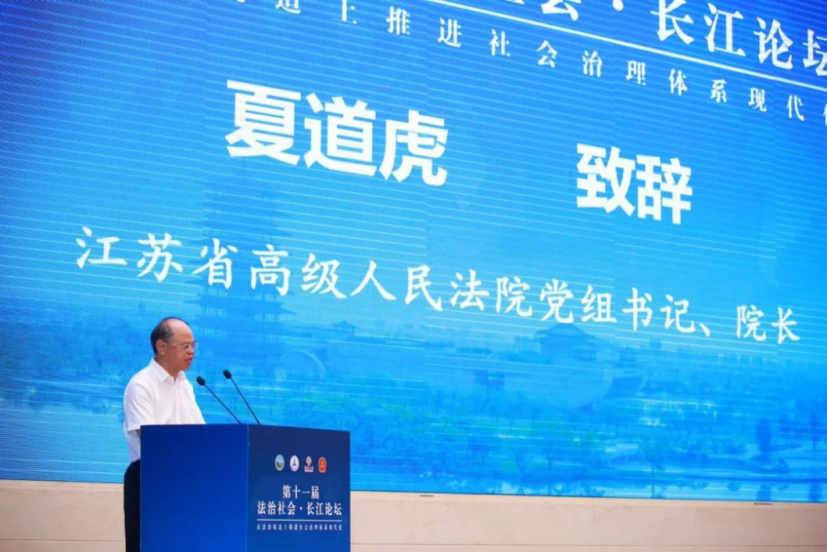
Xia Daohu pointed out that the courts in Jiangsu attach great importance to upholding and developing the “Fengqiao Experience” in the new era, promoting the establishment of a new framework for “source prevention and resolution, substantive dispute resolution during litigation, and extended governance after litigation.” He hoped that this forum would yield more theoretical achievements and innovative solutions.
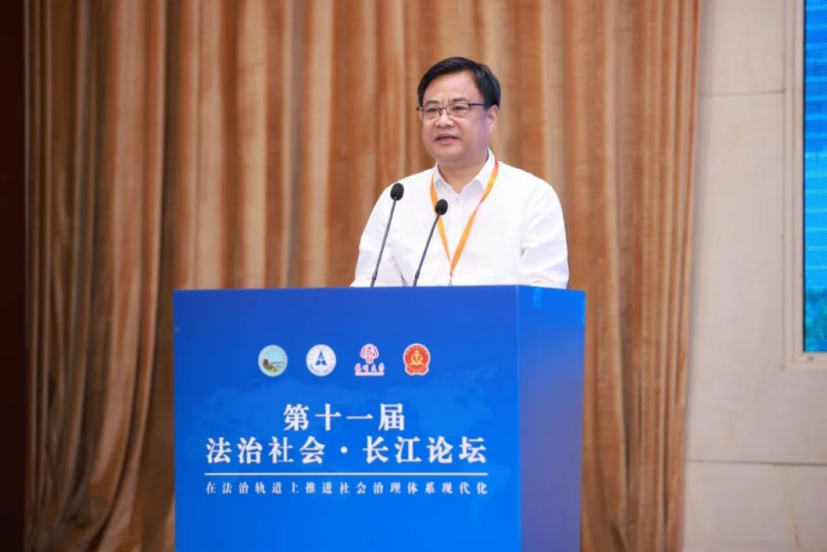
Hou Zhenfa pointed out that the theme of the forum is of great significance for the theoretical and practical circles to deeply understand the unique orientation of the new-era social governance theory in Xi Jinping Thought on the Rule of Law, and to ensure and serve Chinese-style modernization with the modernization of social governance.
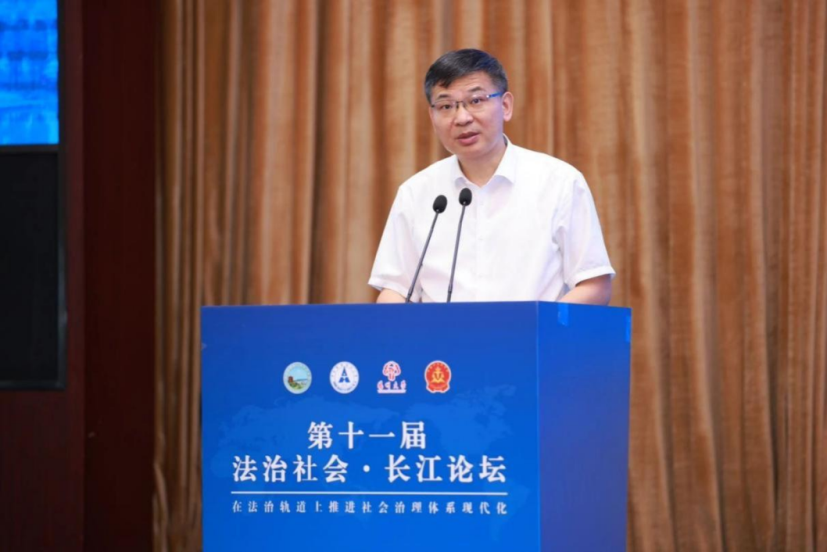
Liu Qiaoquan believed that through the joint efforts of all experts and scholars, the important directives of President Xi Jinping would be further implemented during the forum, promoting the mutual reinforcement of theoretical research and practice in social governance law, and contributing more academic wisdom to the building of a higher-level socialist rule-of-law country.
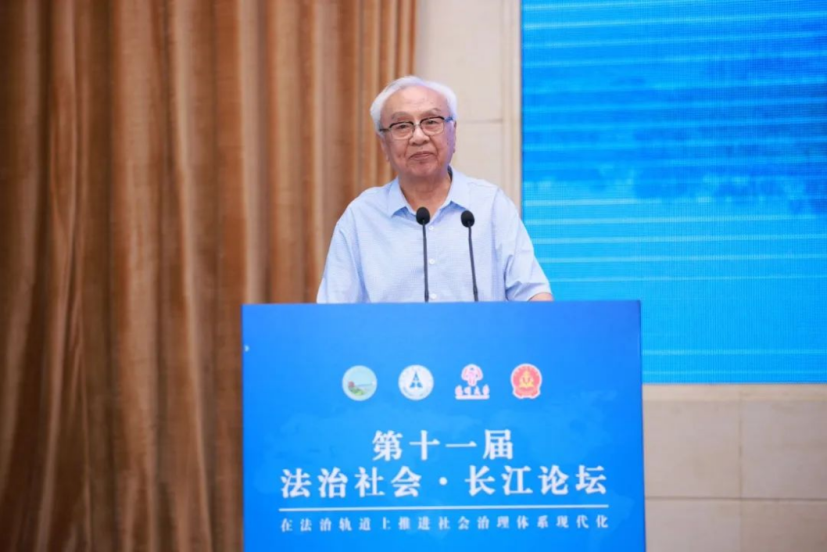
Li Wenyan stressed the importance of implementing the 20th CPC National Congress’s call to accelerate the building of a law-based society, highlighting the need to strengthen public legal education and law observance, promote the spirit of socialist rule of law, and carry forward China’s fine traditional legal culture.
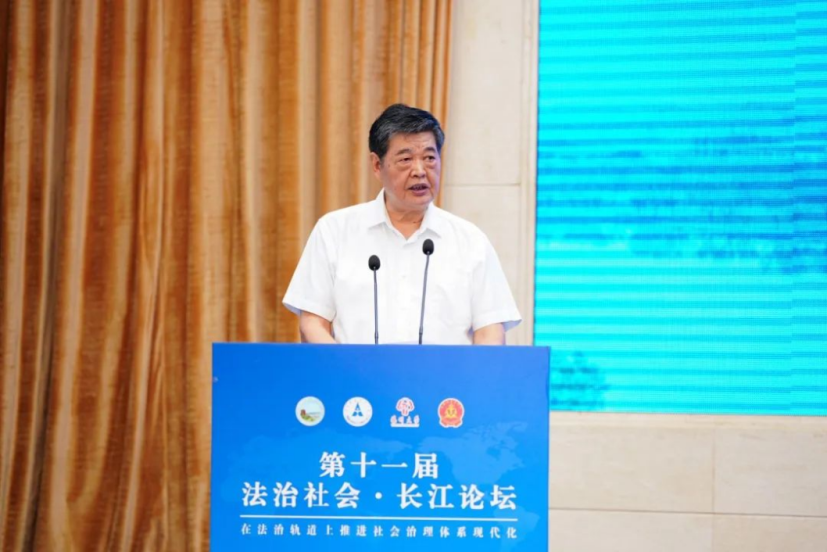
Zhou Jiye stressed that we should thoroughly study, implement, research, and interpret the new achievements of Xi Jinping’s theory on the rule of law in social governance to contribute to the building of a law-based China; fully tap into the advantages of our own resources to enhance the level of the rule of law in social governance; and focus on strengthening the coordination of forces to build a pattern of the rule of law in social governance.
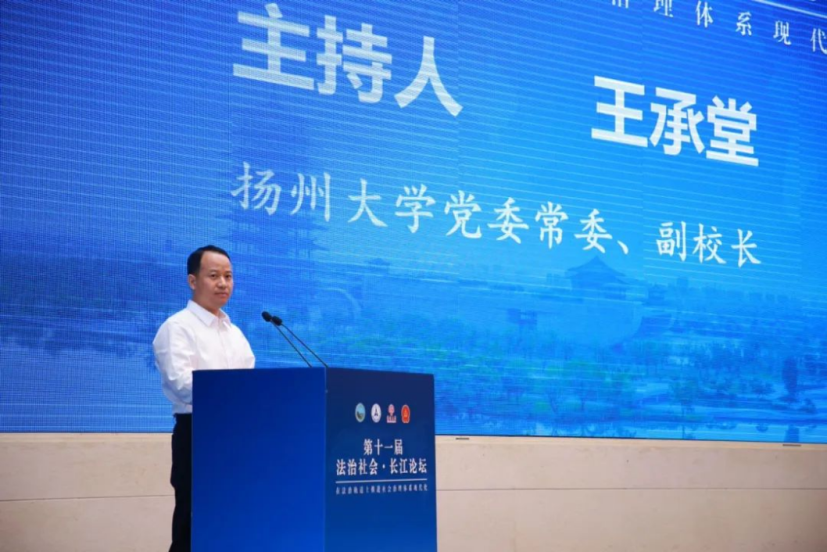
Wang Chengtang presided over the opening ceremony of the forum.
Jiang Bixin, Vice Chairman of the Constitution and Law Committee of the 13th National People’s Congress, Vice President of the China Association of Social Workers, and Adjunct Professor of Hunan University; Zhang Wenxian, Convener of the Law Division of the Social Sciences Committee of the Ministry of Education, President of the Law Education Research Association of the China Law Society, and Senior Professor of Philosophy and Social Sciences at Jilin University; Chen Guoqing, Vice Chairman of the Social and Legal Affairs Committee of the National Committee of the Chinese People’s Political Consultative Conference and Vice Chairman of the Advisory Committee of the Supreme People’s Procuratorate; Li Zhanguo, Secretary of the Party Leadership Group and President of the Zhejiang Higher People’s Court; and 9 other experts and scholars delivered keynote reports respectively. Chen Baifeng, Member of the Standing Committee of the University Party Committee and Vice President, and Professor Qi Wenyuan from the School of Criminal Justice presided over the keynote forum sessions respectively.
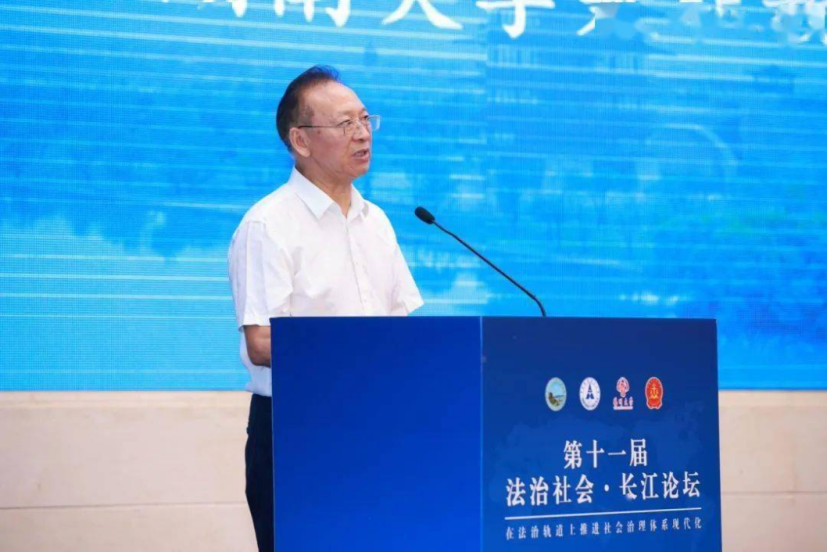
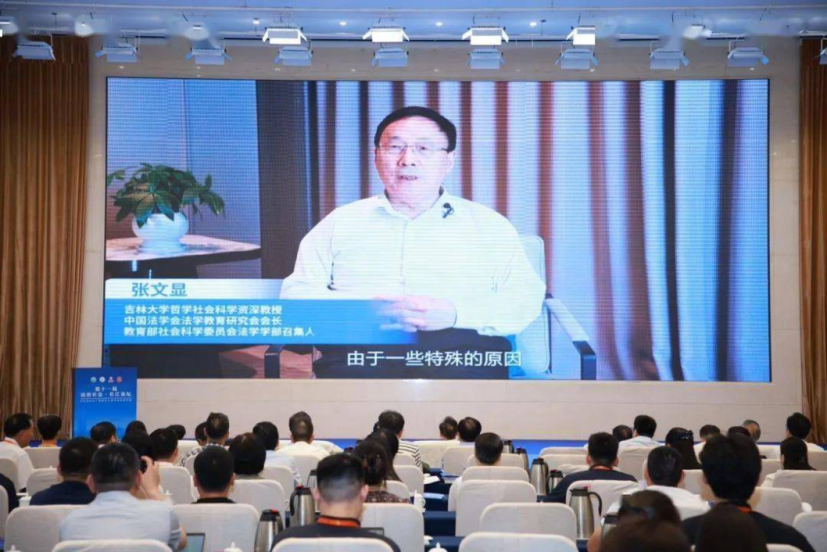
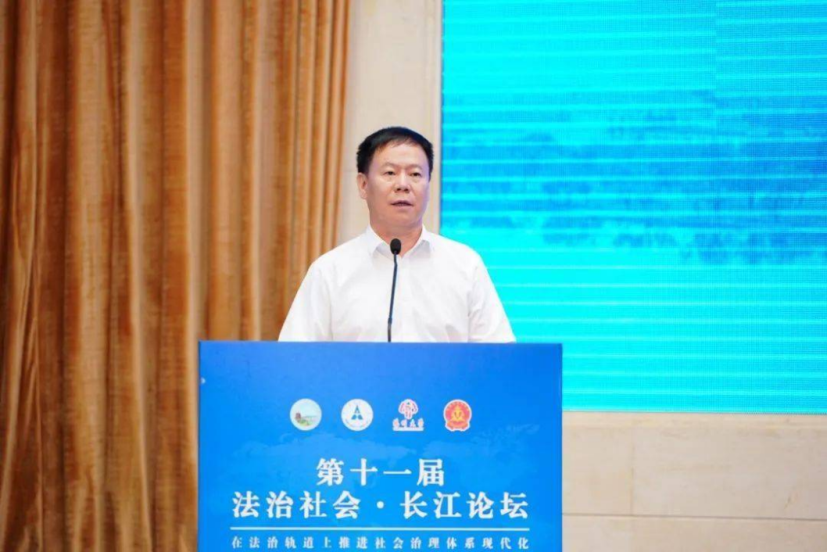
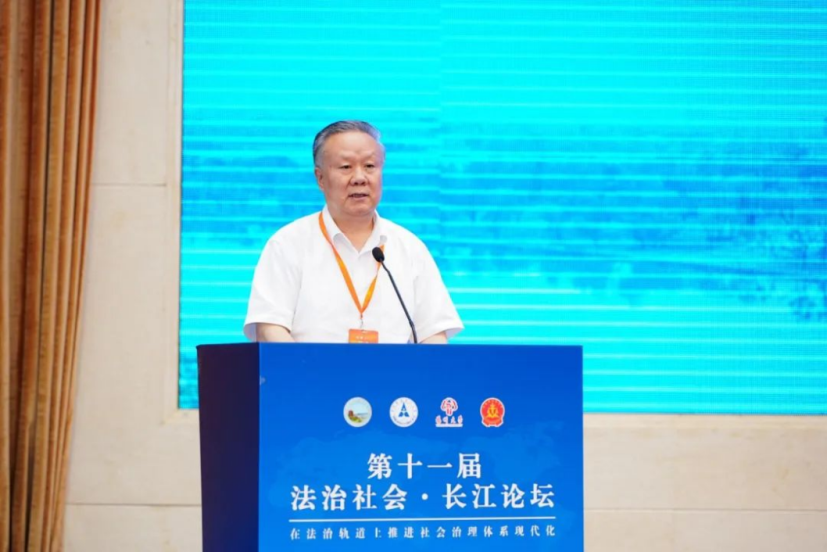
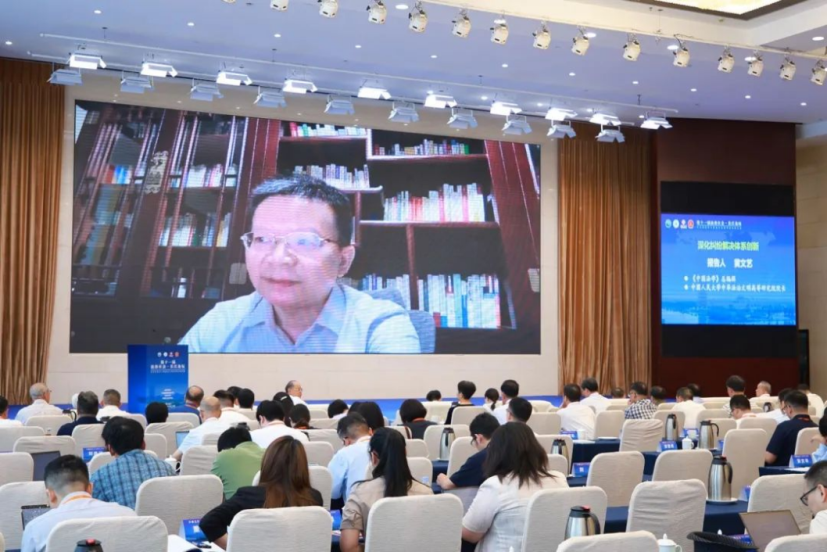
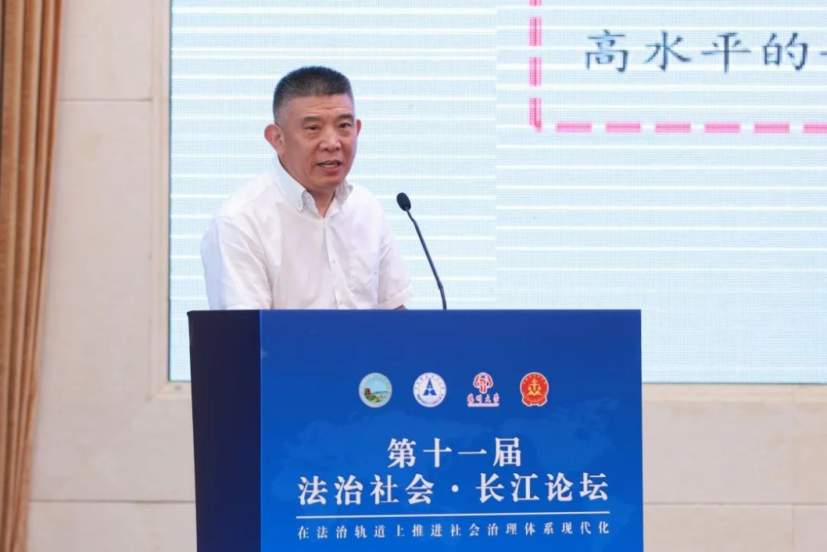
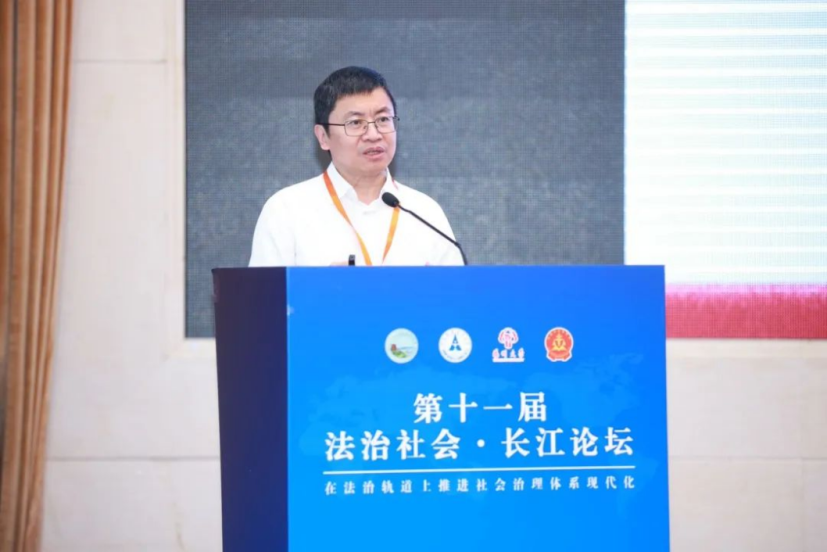
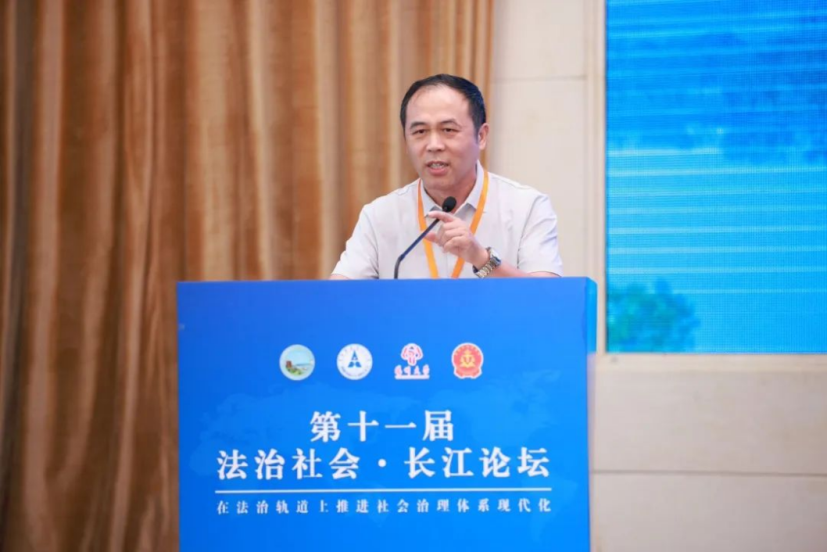
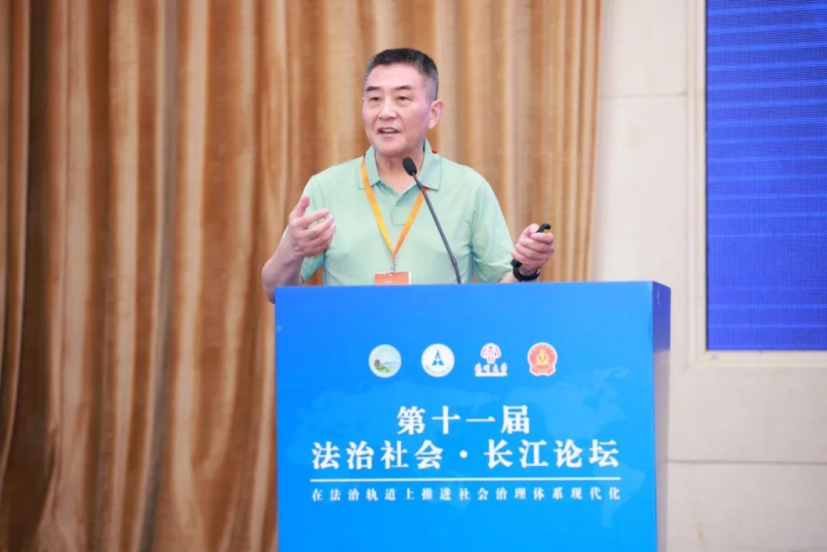
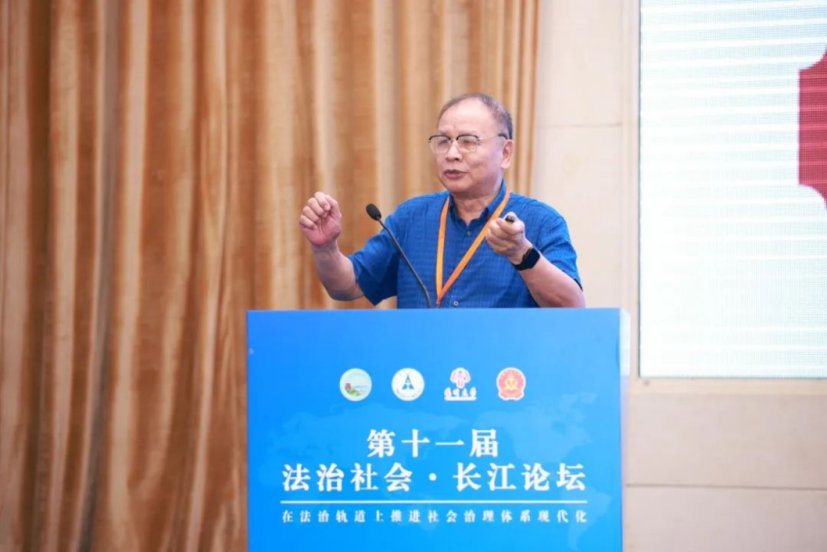
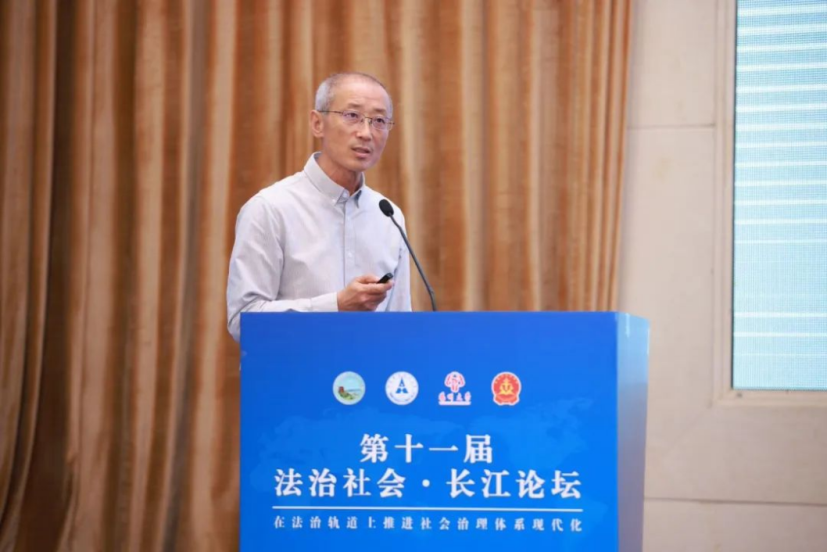
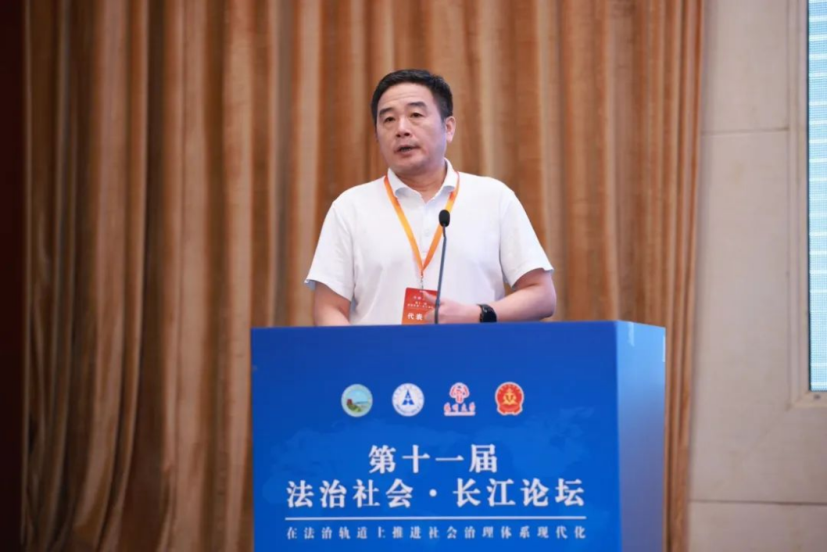
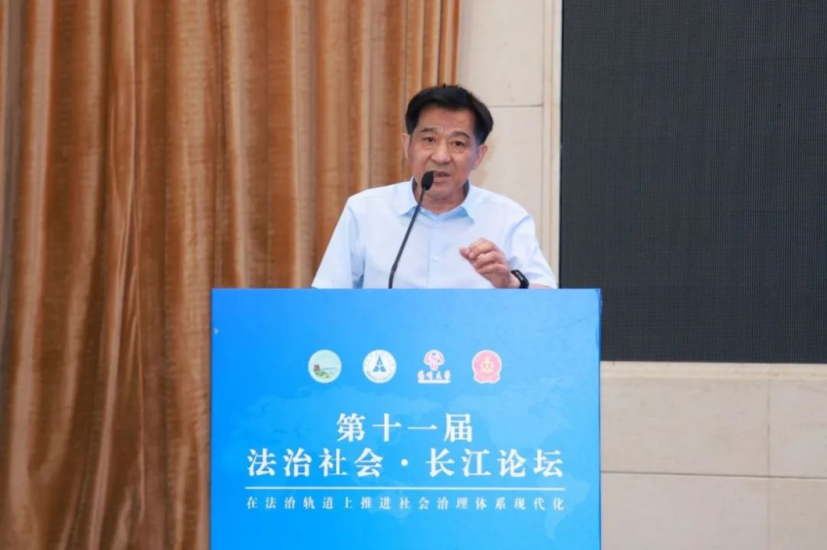
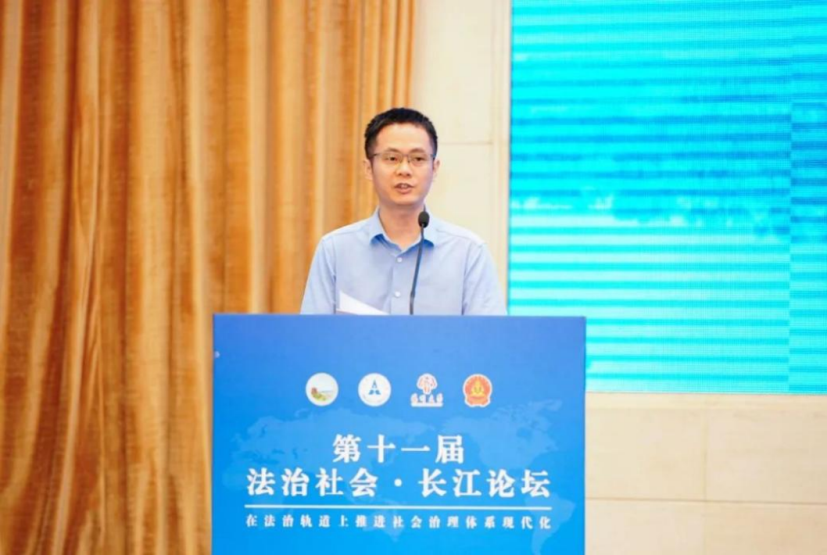
Chen Baifeng chaired the first session of the keynote speech
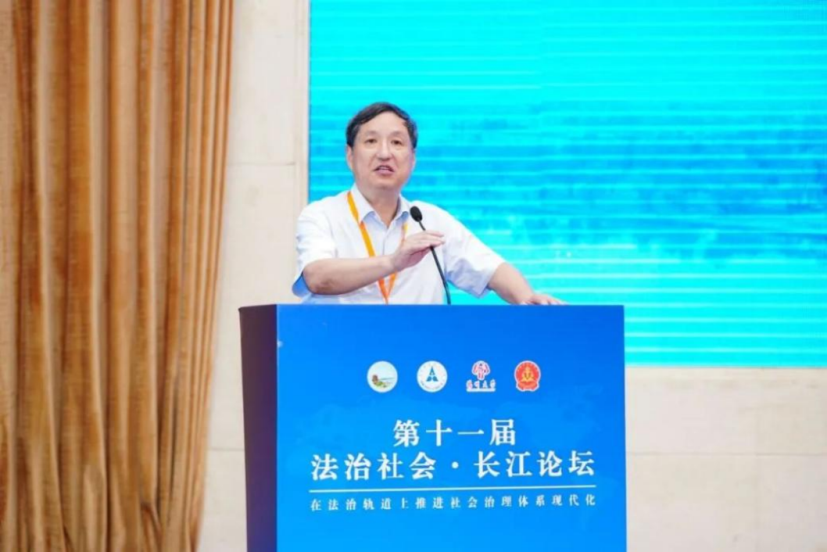
Qi Wenyuan chaired the second session of the keynote speech
The forum also featured five thematic sub-forums:“Theoretical Innovation in the Chinese-Style Ruleof Law in Social Governance,” “Improving the Social Governance System,” “Enhancing the Efficacy of Rule of Law in Social Governance,” “Institutional Responses to Social Governance in the Digital Age,” and “Practical Explorations of Rule of Law in Grassroots Social Governance.” The forum fostered a vibrant academic atmosphere.
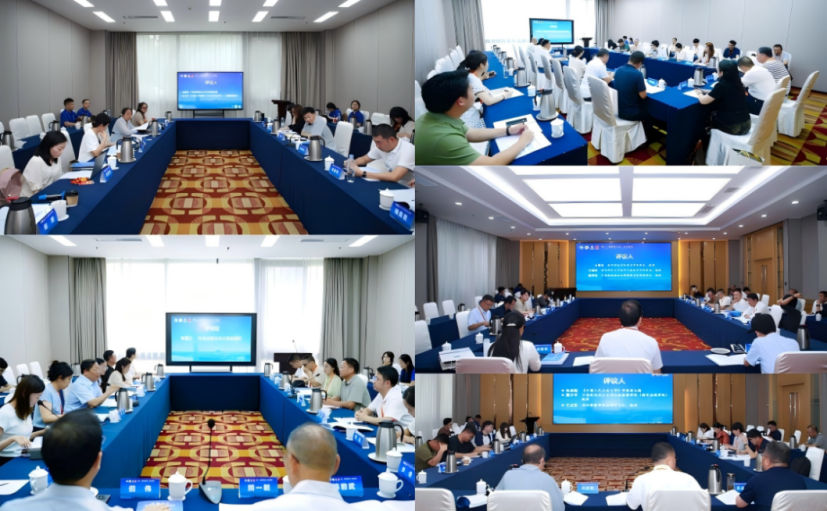
At the closing ceremony, Professor Xu Hanming, the discipline leader of Social Governance Law at ZUEL, delivered a forum summary. He noted that the five thematic sessions of this forum conducted systematic, forward-looking, and constructive academic discussions, yielding substantial theoretical achievements.
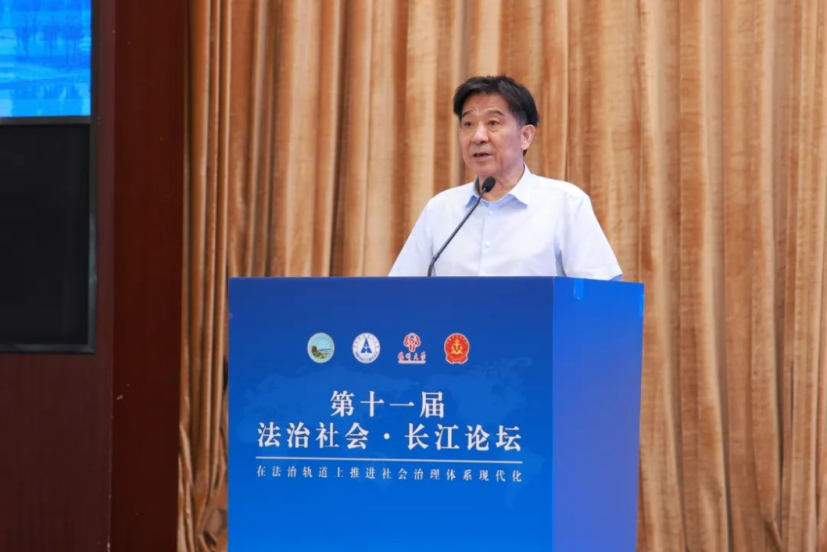
The “Rule of Law Society·Yangtze River Forum” is a brand signatureof the Social Governance Law discipline at our university. Since its inception in 2015, its academic influence and social impact have been expanding continuously. A growing number of prominent scholars and experts from both China and abroad gather to address holistic and forward-looking issues in the construction of the rule of law. Through deepening theoretical innovation and practical exploration, the forum has provided a continuous flow of intellectual impetus for the modernization of China’s governance system and capabilities.
Correspondents: Zhu Yongkang, Zhou Shiqi
Student Correspondent: Zhang Zhengyan
Reviewer: Chen Shi
